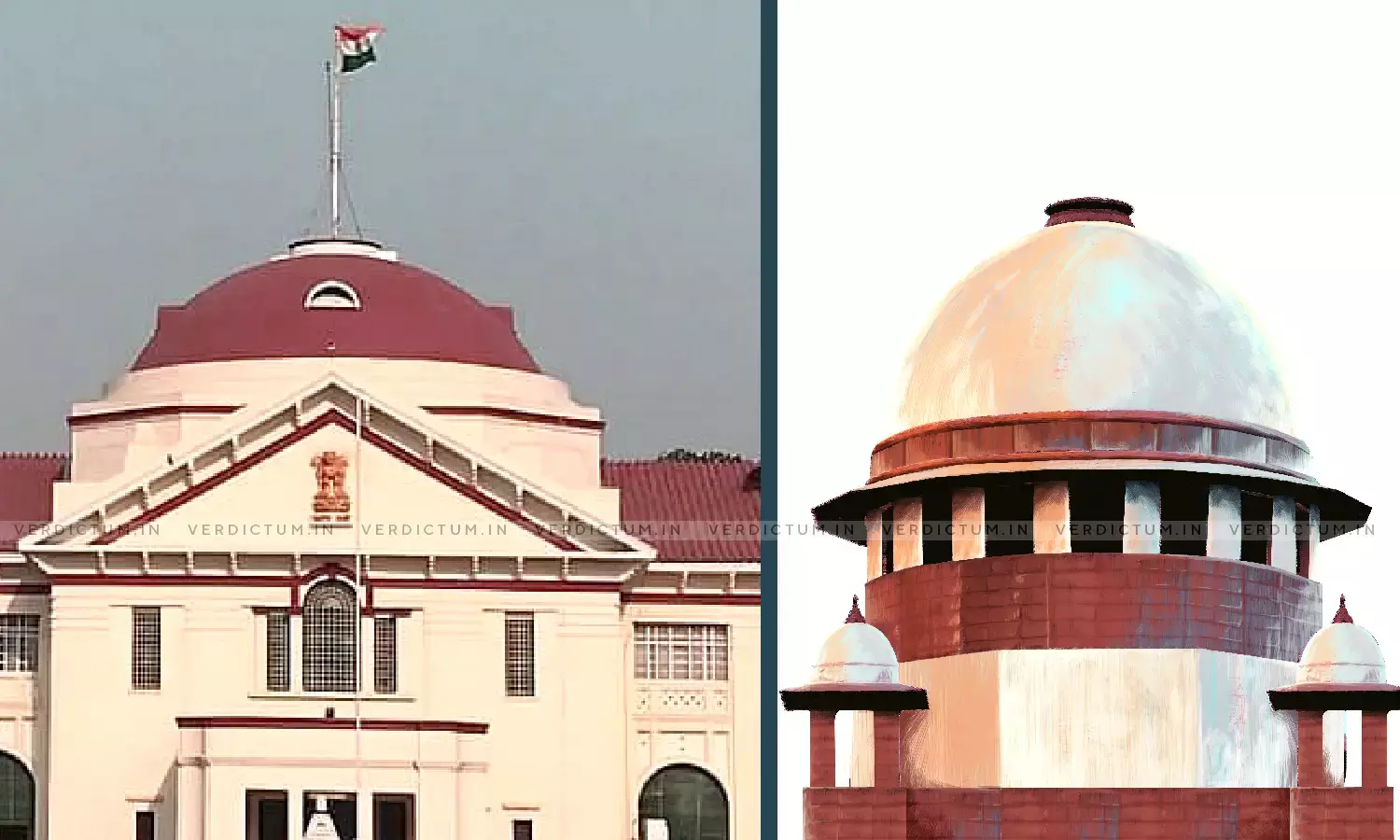Phenomenal Rise In Bail Pleas Due To Bihar Liquor Law, Causing Delay In Disposal: Patna HC Before Supreme Court
The Patna High Court has told the Supreme Court that there is a phenomenal increase in the filing of bail applications due to the enforcement of prohibition in the state and roughly 25 per cent of regular bail pleas are being filed under the Bihar Prohibition and Excise Act alone.
The High Court said that it is working with less than half of its sanctioned strength and the increase in filing of bail applications is causing delay in disposal of regular bail pleas.
It informed the Apex Court that at present 39,622 bail applications, which include 21,671 anticipatory and 17,951 regular bail applications, are pending before the assigned benches. Further, 36,416 fresh bail applications, including 20,498 anticipatory and 15,918 regular bail applications, are yet to be taken up.
On January 11, a Bench headed by Chief Justice of India N V Ramana had in another matter dismissed a batch of petitions of Bihar government challenging grant of anticipatory and regular bails to accused under the state's stringent liquor law, saying these matters have choked the Courts.
A Bench of Justice Ajay Rastogi and Justice Abhay S Oka, expressed serious concern over the delay in pendency of bail applications before the High Court and the long incarceration of undertrial prisoners due to delay in hearing of their bail applications.
It invited suggestions from parties to the case and from advocate Shoeb Alam, who was present in the Court.
At this stage, it is also relevant to mention that there is a phenomenal increase in the regular bail applications due to the enforcement of prohibition in the state of Bihar. Roughly, 25 per cent of the regular bail applications are arising under Bihar Excise Act. This has caused delay in disposal of regular bail applications, the Patna High Court has said in its affidavit.
Advocate Gaurav Agrawal, appearing for the Patna High Court, said that the court was working at less than half of its sanctioned strength with 25 Judges.
He said that as of December, 2021 there were 39,622 bail applications pending before assigned benches and about 36,000 fresh bail applications were yet to be taken up. The disposal of cases was being monitored by the Chief Justice on a daily basis and all efforts were being made to clear the pendency.
The Apex Court was hearing a plea of petitioner Abhyanand Sharma, represented by Advocate AR Takkar, who had approached the Court in a writ petition in an Excise Act offence, aggrieved by the non-listing of his regular bail application by the Patna High Court.
The Court noted that it was a matter of concern if anticipatory bail applications were becoming infructuous because they were taken up for the first time after a year of their filing and regular bail applications had to be filed instead.
The Bench agreed with the suggestion made by Advocate Shoeb Alam that from an Article 21 perspective and in order to reduce the burden on the High Court, provisions of Section 436-A CrPC should be employed, which provides for grant of statutory bail to any person facing an investigation or trial, if such person has been in custody for more than one half of the maximum sentence specified for that offence.
Alam added that in 2015, a three-Judge Bench of the Supreme Court had directed jurisdictional Magistrates and Sessions Judges to visit the prisons in their jurisdiction at least once every week and grant statutory bail to eligible prisoners under the said provision from the prison itself.
He also submitted that despite the efforts being made by the High Court, most matters which were being heard by it on priority basis were those where a direction had been made by the apex court to expedite the listing or upon mentioning, the high court had itself agreed to list the matter urgently.
The Bench observed that it was also concerned why so many bail applications were being filed before the High Court in the first place.
Referring to petty offences and magistrate triable offences, the Bench remarked: Once the investigation is over and charge sheet is filed, why the bail shouldn't be granted.
The Bench, however, said while it would not interfere with the functioning of the High Court, it would place the suggestions before the Chief Justice of the High Court to consider since it is he who is aware of the ground realities and best suited to regulate the Court's functioning.
On January 11, the CJI told the counsel appearing for Bihar government, "You know how much impact this law (The Bihar Prohibition and Excise Act, 2016) has created in the working of the Patna High Court and it is taking one year to get a matter listed there and all the courts are choked with the liquor bail matters".
"I have been told that 14-15 High Court judges are hearing these bail matters every day and no other matters are being taken up," Justice Ramana observed while rejecting as many as 40 appeals of the state government against the grant of anticipatory and regular matters by the High Court.
The observations assume significance as the CJI, recently at a function at Amaravati in Andhra Pradesh, had referred to the Bihar liquor prohibition law and had said that it has resulted in filing of a lot of bail applications in courts and the state High Court.
The CJI had said that the lack of foresight in legislating can directly result in the blockage of Courts.
With PTI inputs




